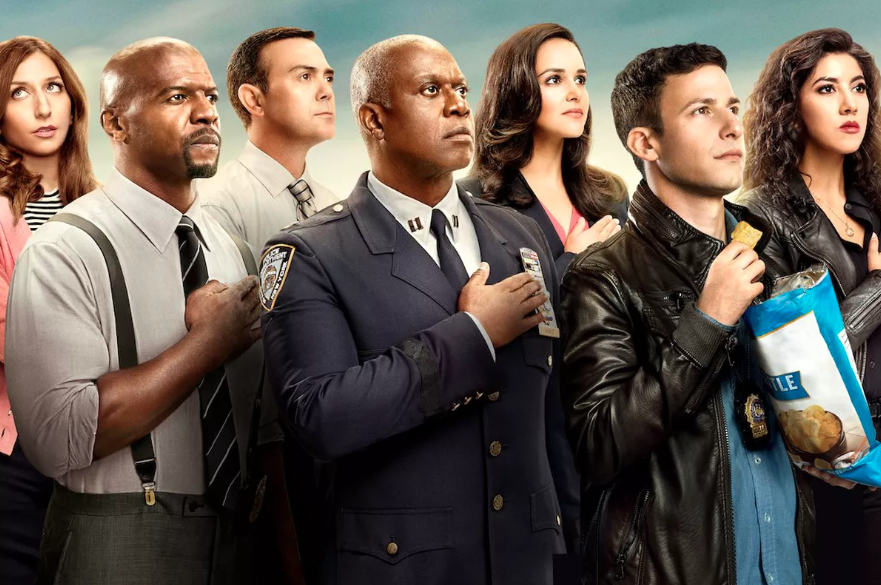Brands need to look beyond social media outcry when making big business decisions
David Hickey analyses the reasons behind the recent #SaveBrooklyn99 social media outcry, and what it means for the future of TV programming.
Last month, Brooklyn Nine-Nine became the latest show to be saved from cancellation following outcry from fans on social media. Within hours of Fox announcing the show’s cancellation, thousands of cult fans took to social media to express their outrage, making #SaveBrooklyn99 the top trending topic on Twitter Australia that day.
And networks responded quickly — Netflix, NBC, TBS and Hulu all threw their hats in the ring for the rights to continue the show. By the next day, NBC had acquired the show, greenlighting it for another season of 13 episodes.



While interesting, the clincher was clearly not the social response but that Lorne Michaels has a LOT of pull at NBC and plays rabbi to basically all Saturday Night Live alumni (Michael Schur and Andy Samberg).
Brooklyn 99 is also produced by Universal Television which is closely tied to NBC..